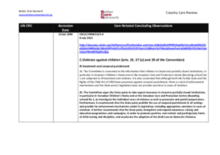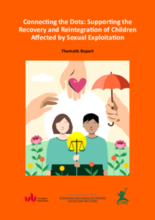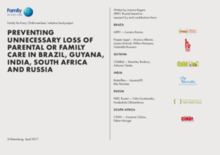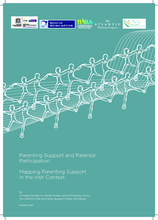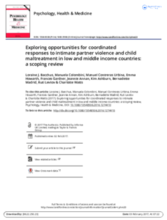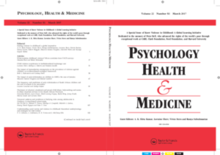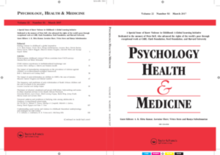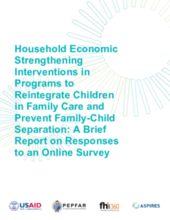Displaying 451 - 460 of 909
This country care review includes the care-related Concluding Observations adopted by the Committee on the Rights of Persons with Disabilities during the seventeenth session (20 March 2017 - 12 April 2017) of the Convention on the Rights of Persons with Disabilities.
This study explored the experiences of adoptive parents who chose to place their intercountry adopted child in out-of-home care due to the child's disability.
This report starts to collate evidence on what appears to be important to children who have experienced sexual exploitation.
This paper presents a study in which seven children aged 7–11 years whose mother have intellectual disabilities took part in semi-structured interviews to explore their experiences with social support services and formal supports.
This report presents the findings from a study that aimed to explore the application in practice of the ‘necessity principle’ from the Guidelines on Alternative Care for Children (UN, 2009) by using three quantitative and three qualitative indicators that provide information about whether children and families have received support to the fullest extent possible before a child ends up outside of parental care arrangements in formal or informal care, or living alone.
This study provides a mapping of parenting support service provision in Ireland.
Increasing evidence suggests that intimate partner violence (IPV) and child maltreatment (CM) by a parent or caregiver intersect on a number of levels. This scoping review defines the intersections between IPV and CM and explores opportunities for more coordinated approaches to address both forms of violence.
This editorial explores the experience and impact of childhood violence around the world and calls for a coordinated and multi-sectoral response to prevent violence, recognizing the need to identify and address the root causes of family separation and institutionalization.
This Special Issue of the Journal of Psychology, Health and Medicine contains fifteen of several papers commissioned by the Know Violence Initiative. Together, these papers illustrate the complexity of violence experienced by children and present evidence-based strategies for addressing and preventing childhood violence.
In November 2015, ASPIRES launched an online survey of practitioners to identify potential sources of learning and to assess needs for improving the use of economic strengthening (ES) interventions in reintegration and prevention of separation programming. This brief report summarizes the findings of this survey.

